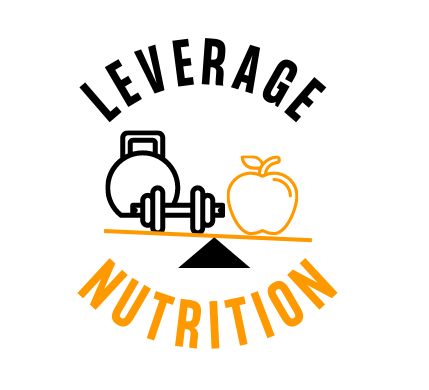
In today’s world of wellness trends, the concept of “healthifying” foods has taken center stage. Social media feeds are filled with recipes promising lower-calorie brownies, high-protein pizzas, or fiber-packed donuts. But what does “healthified” even mean—and is it always the right approach?
As a registered dietitian, I often see clients overwhelmed by the idea that every meal or snack needs to be a nutritional powerhouse. Here’s a refreshing truth: not every food needs to be “healthified.” In fact, constantly modifying foods can deprive you of the joy, taste, and satisfaction that real, unaltered versions provide. Let’s dive into why moderation and balance are better long-term strategies for a healthy relationship with food.
Why Healthifying Isn’t Always the Answer
If you’re eating certain foods in moderation—like your favorite slice of chocolate cake or a buttery croissant—there’s no need to turn them into a “healthified” version. Here’s why:
1. Food Serves Different Purposes
Food isn’t just fuel; it’s part of our lives in multiple ways:
- Health: Yes, eating nutrient-dense foods supports long-term health.
- Enjoyment: Sometimes, a rich, gooey brownie hits the spot better than its low-calorie counterpart.
- Culture: Many traditional recipes aren’t designed to be healthified—and altering them can strip away their cultural significance.
- Goal Specific: Whether it’s fueling a workout, building muscle, or achieving fat loss, the purpose of food shifts depending on your needs.
Viewing food only through a “healthy vs. unhealthy” lens ignores these complexities and can harm your relationship with eating.
2. Moderation Brings Balance
Enjoying indulgent foods as part of your diet is key to sustainability. Restricting yourself or constantly choosing modified versions can lead to dissatisfaction—and even overeating. By focusing on balance, you can enjoy that creamy cheesecake guilt-free while still nourishing your body with nutrient-dense meals the rest of the day.
3. Healthified Versions Aren’t Always Better
Many healthified foods sacrifice taste, texture, and satisfaction. They can also contain artificial ingredients or sugar substitutes that may not align with your preferences or digestive comfort. There’s value in enjoying the real version of your favorite foods, exactly as they were meant to be savored.
Building a Positive Relationship with Food
To embrace a healthier, happier mindset around eating, it’s time to drop the all-or-nothing thinking. Here’s how:
- Ditch the “Good vs. Bad” Mentality: No single food will make or break your health. Instead, think about the big picture: What does your overall diet look like over the course of a day, week, or month?
- Give Yourself Permission to Enjoy: When you allow yourself to enjoy indulgent foods without guilt, they lose their power to control you. This makes moderation easier to achieve naturally.
- Prioritize Balance: Pair nutrient-dense meals with occasional treats. For example, enjoy a veggie-packed stir-fry for dinner and have a small scoop of ice cream for dessert. Both have a place on your plate!
- Think About Your Goals: Healthified foods can be useful for specific goals, like increasing protein or reducing calories—but they shouldn’t be a rule for everything you eat.
Final Thoughts
The key to a sustainable and joyful relationship with food is balance. You don’t need to healthify every bite or turn every treat into a high-protein, low-sugar alternative. Sometimes, the best choice is the real thing—enjoyed mindfully and in moderation.
Remember, food is more than just nutrients. It’s about health, happiness, culture, and connection. When you embrace that perspective, you’ll find freedom and flexibility in your diet while still supporting your goals.
So go ahead—have the brownie, the crusty baguette, or the slice of pizza. Savor it, enjoy it, and know that moderation truly is the best recipe for long-term health.
Thanks for reading. Here are some other ways we can help:
Free:
- Fat Loss Lasting Success: Nutrition & Exercise Guide
- Muscle Mastery: Nutrition and Weight Training Guide
- Simplified Athlete Nutrition
Social Media: Instagram I TikTok I Youtube I Facebook
Paid:
